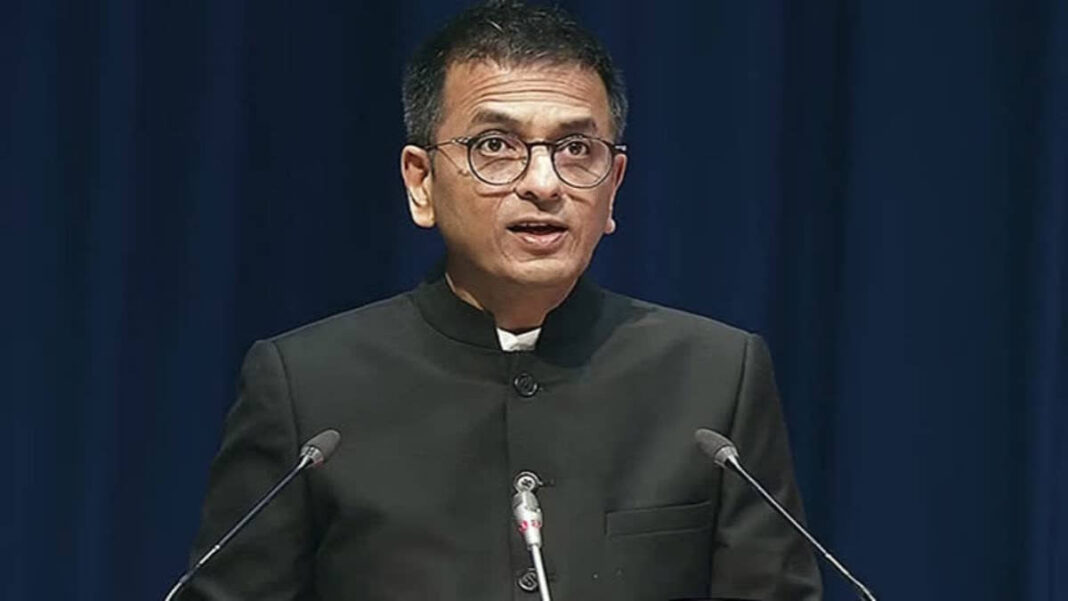There is no dearth of legal provisions to protect the interest of women in private and public spaces but law alone cannot make a just system, Chief Justice of India D Y Chandrachud said on Monday, stressing that society also has to shed its “patriarchal social attitude”.
Speaking at News18 Network’s She Shakti event, CJI Chandrachud said, “We must foster institutional and individual ability to look beyond the male default”.
“There is no dearth of substantive and procedural legal provisions targeted towards protecting the interests of women in private and public situations. But good laws including the stringent laws alone do not make for a just society.
“Above all we need to change our mindsets. The mindsets must move from making concessions for women to recognising their entitlement to lead lives based on freedom and equality. We must zealously guard against apparently protective laws infringing women’s liberties and choices,” the CJI said.
Addressing the event, he said, “Talking about women’s rights is not a women’s thing. Some of the great life lessons I have learnt from my female colleagues.”
“I believe equal participation of women is important for a better society. Before we adopted the Constitution of India, the Indian Women’s Charter of Life was drafted by Hansa Mehta, who was feminist,” he added.
The CJI said issues of safety, equality of opportunity, dignity and empowerment are not subsets that ought to be discussed in silos. “Every one of us in the country has to be a part of this conversation.”
“Equal participation of women in governance, policy and leadership roles is positively linked to better development outcomes. When we either create or fail to address barriers in the path of women, we are jeopardizing our quest for a better society. Indifference is no longer an option,” the CJI said.
He said there has been an increasing intake of women Civil Judges through exams — 58 per cent of the total candidates in Rajasthan in 2023; 66 per cent of the appointments in Delhi in 2023, 54 per cent of the appointments in Uttar Pradesh in 2022 and 72 per cent of the total number of judicial officers appointed in Kerala are women.
Justice Chandrachud said the labour force participation of women is 37 per cent while the contribution of women to the GDP is 18 per cent.
“We have not exactly met the pre-independence hopes about women’s economic participation. A part of the reason is the continued gendered allocation of domestic labour.




